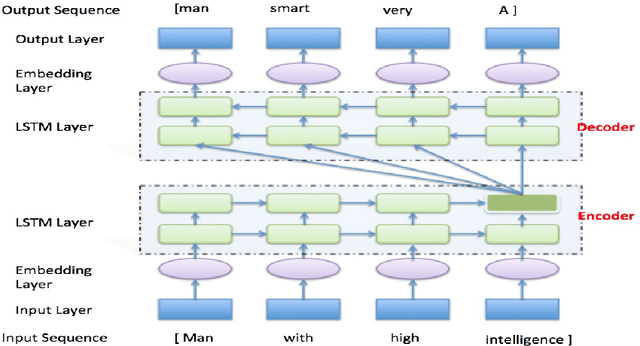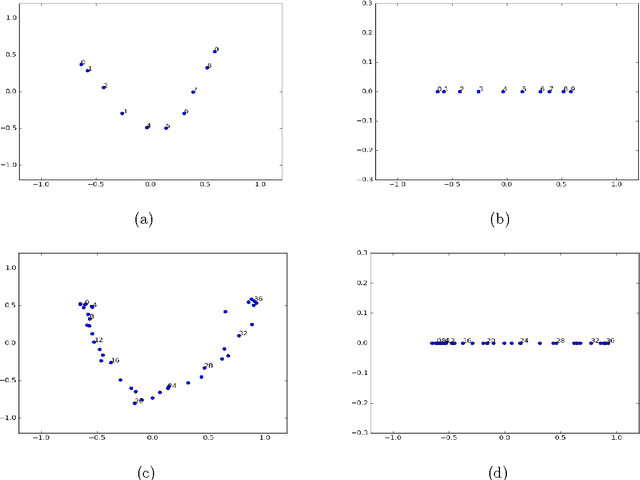Kevin Amaral
An Experimental Study of LSTM Encoder-Decoder Model for Text Simplification
Sep 13, 2016



Abstract:Text simplification (TS) aims to reduce the lexical and structural complexity of a text, while still retaining the semantic meaning. Current automatic TS techniques are limited to either lexical-level applications or manually defining a large amount of rules. Since deep neural networks are powerful models that have achieved excellent performance over many difficult tasks, in this paper, we propose to use the Long Short-Term Memory (LSTM) Encoder-Decoder model for sentence level TS, which makes minimal assumptions about word sequence. We conduct preliminary experiments to find that the model is able to learn operation rules such as reversing, sorting and replacing from sequence pairs, which shows that the model may potentially discover and apply rules such as modifying sentence structure, substituting words, and removing words for TS.
Scale Normalization
Apr 26, 2016


Abstract:One of the difficulties of training deep neural networks is caused by improper scaling between layers. Scaling issues introduce exploding / gradient problems, and have typically been addressed by careful scale-preserving initialization. We investigate the value of preserving scale, or isometry, beyond the initial weights. We propose two methods of maintaing isometry, one exact and one stochastic. Preliminary experiments show that for both determinant and scale-normalization effectively speeds up learning. Results suggest that isometry is important in the beginning of learning, and maintaining it leads to faster learning.
 Add to Chrome
Add to Chrome Add to Firefox
Add to Firefox Add to Edge
Add to Edge